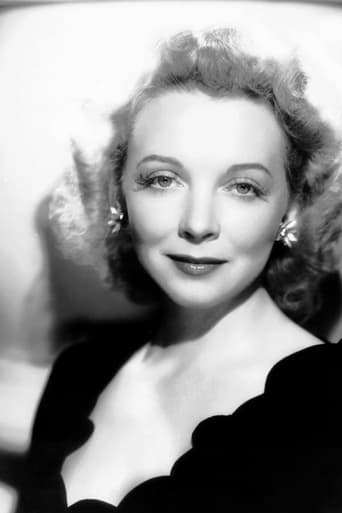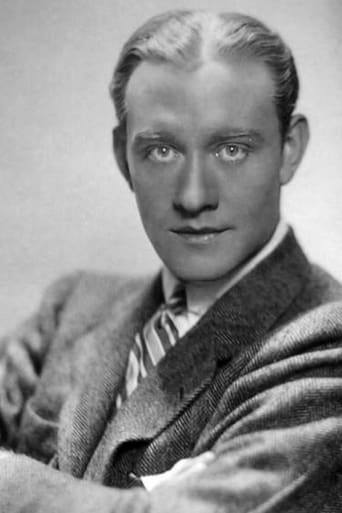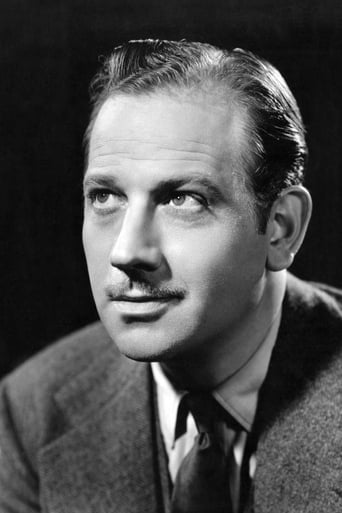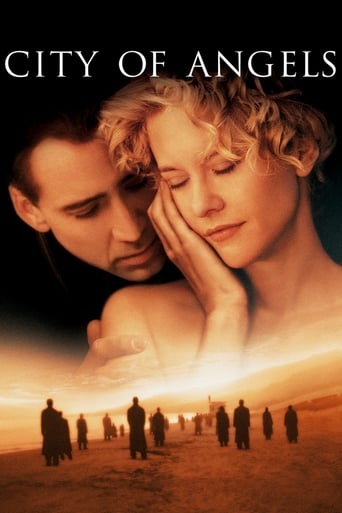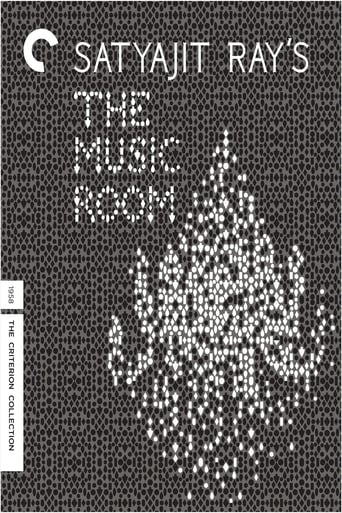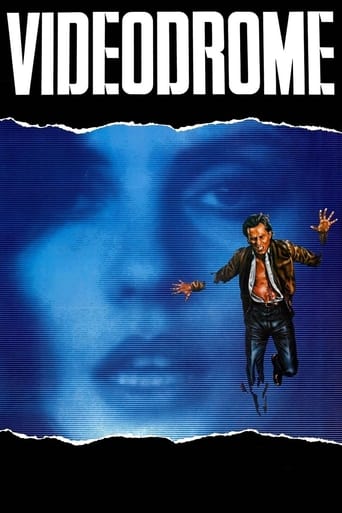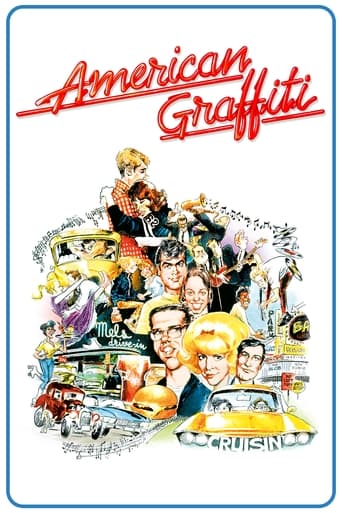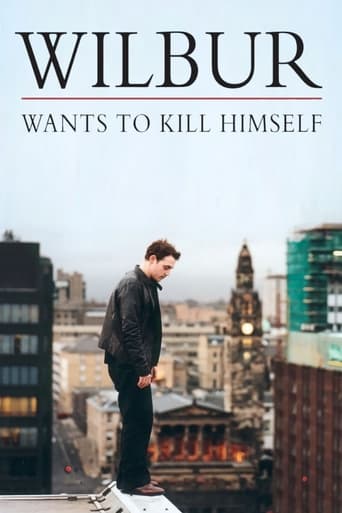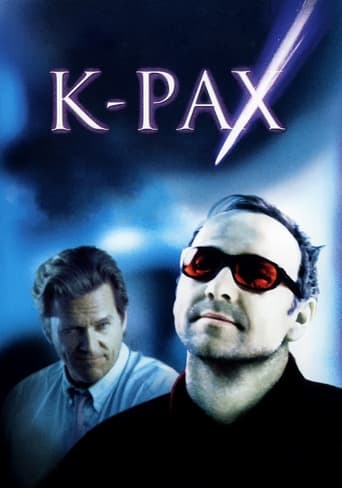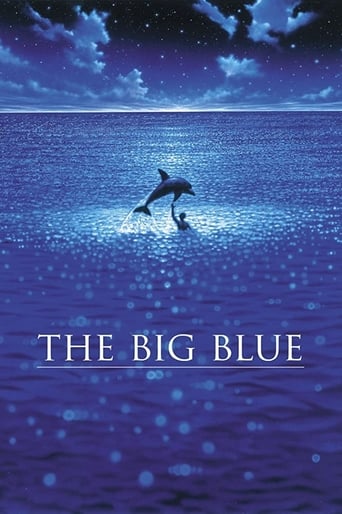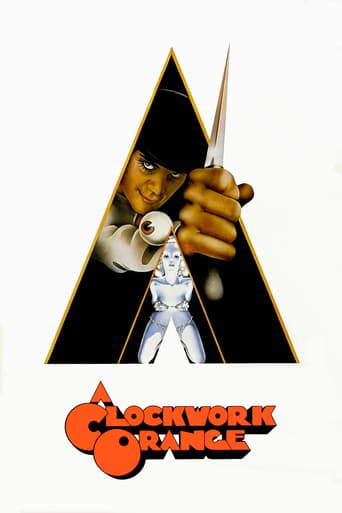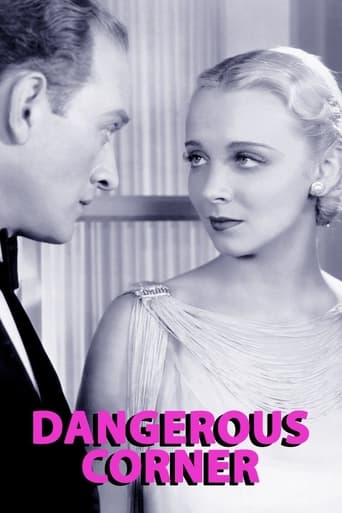

Dangerous Corner (1934)
Friends uncover a dark secret when they compare notes about a theft and suicide.
Watch Trailer
Cast


Similar titles
Reviews
So much average
A Major Disappointment
A lot more amusing than I thought it would be.
The acting in this movie is really good.
It's a little surprising to see that "Dangerous Corner" was released in late 1934, because it has the kind of openness, honesty and cynicism about love and marriage (and crime) that is usually associated with pre-code movies. Then again, if the IMDb trivia is true, there were even more daring elements in the play (like homosexuality and drug addiction) that were taken out of the film (and it probably is true - after all, Gordon is the one character whose "secret" we never learn and Martin acts too bizarrely to be merely "drunk"). It all starts fairly lightheartedly, but it soon develops into something deeper, as it removes layer after layer of superficiality and deception and reveals everyone's hidden self. The ending twist is awesome - something like a 1930s "Run, Lola, Run"! An excellent example of "chamber cinema", with fine performances in every role. Many people will probably see themselves in this movie - and then prefer not to talk about that! ***1/2 out of 4.
Plot— elite members of a publishing house gather for a celebratory evening only to find out one of their staff has apparently committed suicide. In the emotional aftermath, a number of hidden truths emerge.There are elements of a mystery in the story, but overall, the film amounts to considerably more. The narrative appears fairly conventional until the upshot. Then the threads that have accumulated are exposed in an unexpected manner, and we're left with considerable food for thought. As a lesson in "sleeping dogs" the film succeeds brilliantly; as movie however, the narrative requires real patience. There's no action and darn few scene changes. Instead, the cast stands around in evening clothes and talks and talks-- it is, after all, a filmed stage play. At least a few interesting personal embarrassments get revealed as the story moves on, but how interesting you find the characters themselves is, I think, a matter of taste. Except for actor Keith's overdone Martin, the acting helps by being nicely accomplished.Anyway, as a dramatized lesson in social truths, the movie rates highly. As a form of sheer entertainment, however, the movie's average, at best. My advice is to exercise patience because the upshot does furnish timely food for thought.
"Dangerous Corner" transfers J. B. Priestley's talkathon stage whodunit (or "howdunit") to the screen with a handsome cast and slightly expanded environment (from a single large room to three different rooms and a patio). The play suggested that the little dishonesties of everyday social life are preferable to unabashed truth telling, which if unhindered would cause mayhem and suffering. The problem with the original play was that it was populated by an after- dinner gathering of undistinguished characters (partners in a publishing firm and their spouses) conversing endlessly about whether one of their colleagues stole a sum of money before committing suicide one year previously. As the individuals speculate dryly on this past event, certain revelations come to the surface that expose each one of them to the group as deeply dishonest on some level. The concept and execution are mildly interesting at best, rather like a Noel Coward drawing room play minus the wit and humor. At his best, Priestley wrote beautifully about ordinary people but was also fascinated by paranormal theories of Time. He plays with Time a bit here too, in ways I won't detail, in order to explore what might have happened had certain people kept their mouths shut. Conrad Nagel and Virginia Bruce, previously paired in "Kongo," try their best, as do Erin O'Brien Moore, Doris Lloyd, Betty Furness and others, but the results are never more than mild. Ian Keith, who plays the dead man in flashback, has the most colorful role but the production code enforcement which took effect the year this film was made cannot refer to his drug addiction, so he comes off as just wacky.
This film is a breath of fresh air compared to other films released immediately after the production code went into effect. It manages to retain a realistic depiction of human behavior without actually breaking the code.The film has to do with five young people working at a publishing concern. They are apparently good friends on top of everything else. Ann (Virginia Bruce) is "burning the publishing business at both ends" and has a frustrated and long term suitor in the person of Charles (Melvyn Douglas). Two of the other members of the firm are married, the final member of the firm, Martin, is unseen except in flash-back and is single. One of the members of the firm (Conrad Nagel as Chatfield) has forgotten his anniversary, and the other guys help him out by arranging a party at the office for the couple. While everyone is celebrating a call comes in to cash a government bond that is being held in the office safe. Chatfield asks Charles to get the bond from the safe. Charles opens the safe and declares that the bond is missing. Everyone at the party denies knowing what happened to the money and all four men who worked in the office had keys to the safe. Only Martin is not at the office that day, and Charles drives out to talk with him about the matter the next morning. When Charles arrives at Martin's house he finds him dead from a gunshot wound, ruled a suicide by an inquest. Everyone thus assumes Martin stole the money.A year passes and the young people running the publishing concern along with their wives are having another party. A tube in the radio burns out and there is no spare. The conversation then turns to Martin and the events of the year before. Confession follows confession as a true picture of what really happened comes together and friendships and marriages are smashed. We're then told via title card that what we just saw is what could have happened. What really happened is that there actually was a spare tube for the radio and the festivities continued unabated by probing conversation.What is interesting is that all that is being admitted here is that the conversation never took place - that doesn't mean that the dirty dark secrets in the alternate chain of events weren't necessarily real, it just means whatever secrets there are pertaining to the events of the year before remain unspoken. The movie raises the interesting question - if knowing the absolute truth does no good and only serves to break everyone's spirit and faith in what they hold fast to in life, does it serve a purpose in having it known? It's an interesting question that is left as open as the resolution of this film. Highly recommended.


